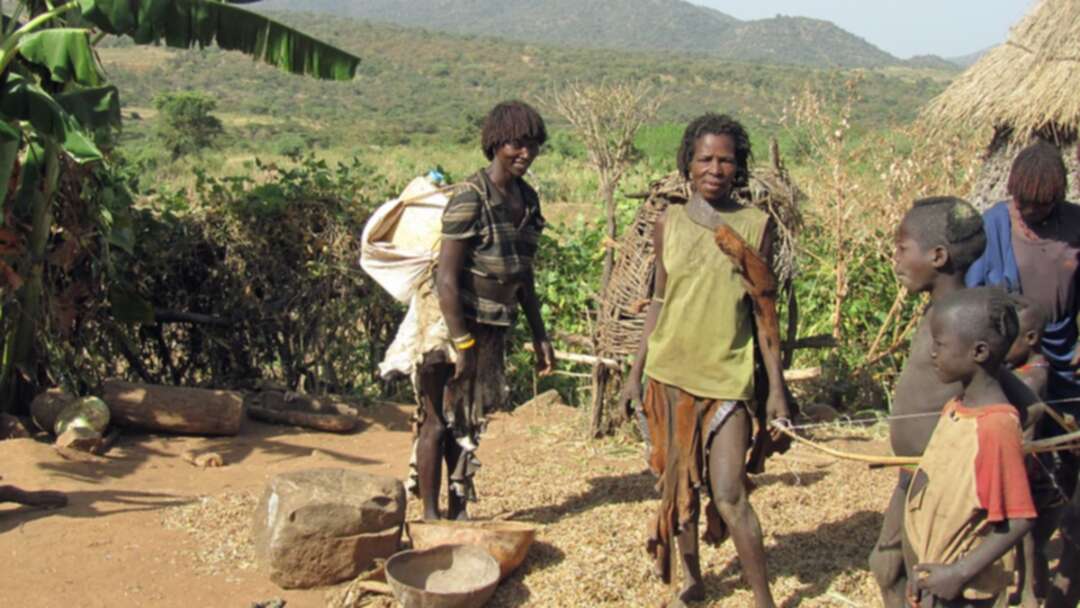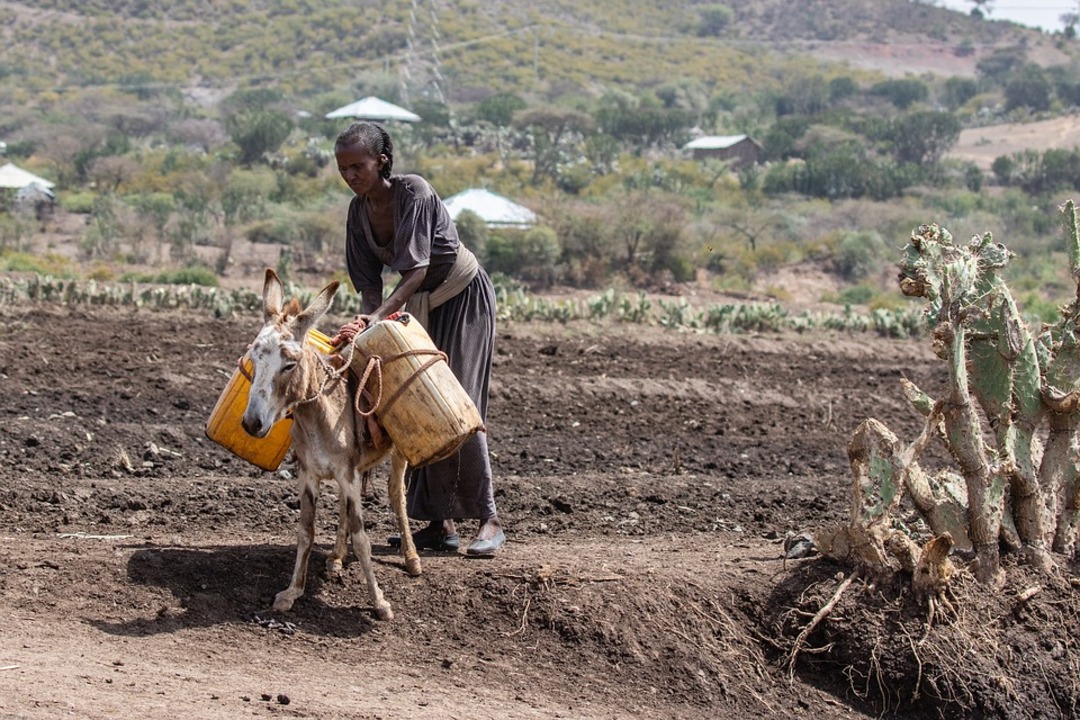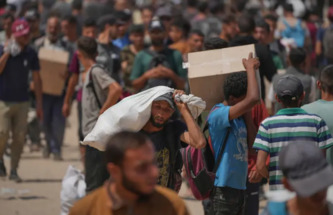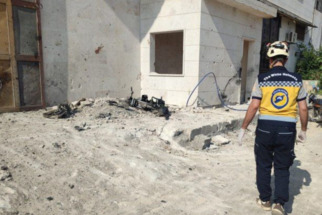-
Deputy U.N. chief deeply shaken by rape accounts in Ethiopia

The National Post reported, citing Reuters, deputy U.N. Secretary-General Amina Mohammed said on Friday she was deeply shaken by accounts of rape from Ethiopian women, which she described as “your worst nightmare.”
Speaking to reporters in New York a day after returning from Ethiopia, Mohammed said she had been left near tears while hearing what the women had experienced, which included gang rape and rape in front of children.
She called for accountability for atrocities committed against women and recounted sights of famine in the crisis-torn country.
She said of the “incredibly emotional” visit: “In your worst nightmares you cannot imagine what has happened to the women in Ethiopia," adding that “It is going to be a lifelong healing process for many, many women and children in Ethiopia.”
War erupted in Ethiopia’s Tigray in November 2020, pitting the Ethiopian government and its allies, including Afar troops, against forces loyal to the Tigray People’s Liberation Front (TPLF), which controls the region.

All sides fighting in the war committed violations that may amount to war crimes, according to a joint investigation by the United Nations and Ethiopia published in November. The report accuses all sides of torturing and killing civilians, carrying out gang rapes and making arrests on the basis of ethnicity.
UN says Ethiopian government releases 34 aid truck drivers
“Everyone to blame … they were committed across the borders and regions,” Mohammed said on Friday. “Without a shadow of a doubt, justice and accountability has to be had.”
The government has said it has prosecuted individual soldiers, although it has provided no details, while the TPLF has said any soldiers found guilty would be punished.
African Union envoy sees short 'window of opportunity' on Ethiopia crisis
The conflict has also been compounded by drought, which has left several hundred thousand people in Tigray suffering famine. “I saw famine,” Mohammed said. “There’s clearly malnutrition, many, many diseases.”
Source: nationalpost
You May Also Like
Popular Posts
Caricature
BENEFIT Sponsors BuildHer...
- April 23, 2025
BENEFIT, the Kingdom’s innovator and leading company in Fintech and electronic financial transactions service, has sponsored the BuildHer CityHack 2025 Hackathon, a two-day event spearheaded by the College of Engineering and Technology at the Royal University for Women (RUW).
Aimed at secondary school students, the event brought together a distinguished group of academic professionals and technology experts to mentor and inspire young participants.
More than 100 high school students from across the Kingdom of Bahrain took part in the hackathon, which featured an intensive programme of training workshops and hands-on sessions. These activities were tailored to enhance participants’ critical thinking, collaborative problem-solving, and team-building capabilities, while also encouraging the development of practical and sustainable solutions to contemporary challenges using modern technological tools.
BENEFIT’s Chief Executive Mr. Abdulwahed AlJanahi, commented: “Our support for this educational hackathon reflects our long-term strategic vision to nurture the talents of emerging national youth and empower the next generation of accomplished female leaders in technology. By fostering creativity and innovation, we aim to contribute meaningfully to Bahrain’s comprehensive development goals and align with the aspirations outlined in the Kingdom’s Vision 2030—an ambition in which BENEFIT plays a central role.”
Professor Riyadh Yousif Hamzah, President of the Royal University for Women, commented: “This initiative reflects our commitment to advancing women in STEM fields. We're cultivating a generation of creative, solution-driven female leaders who will drive national development. Our partnership with BENEFIT exemplifies the powerful synergy between academia and private sector in supporting educational innovation.”
Hanan Abdulla Hasan, Senior Manager, PR & Communication at BENEFIT, said: “We are honoured to collaborate with RUW in supporting this remarkable technology-focused event. It highlights our commitment to social responsibility, and our ongoing efforts to enhance the digital and innovation capabilities of young Bahraini women and foster their ability to harness technological tools in the service of a smarter, more sustainable future.”
For his part, Dr. Humam ElAgha, Acting Dean of the College of Engineering and Technology at the University, said: “BuildHer CityHack 2025 embodies our hands-on approach to education. By tackling real-world problems through creative thinking and sustainable solutions, we're preparing women to thrive in the knowledge economy – a cornerstone of the University's vision.”
opinion
Report
ads
Newsletter
Subscribe to our mailing list to get the new updates!





















